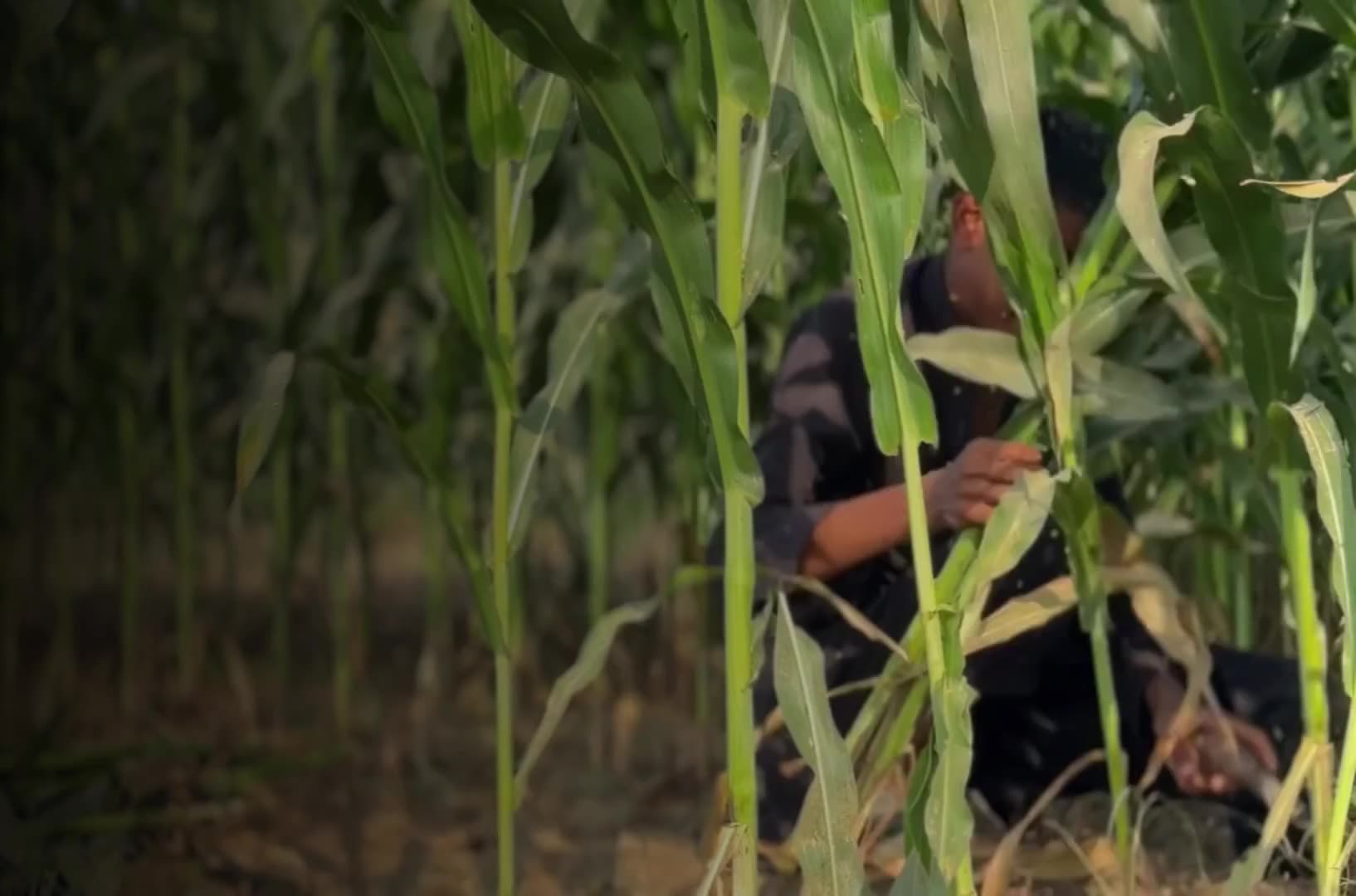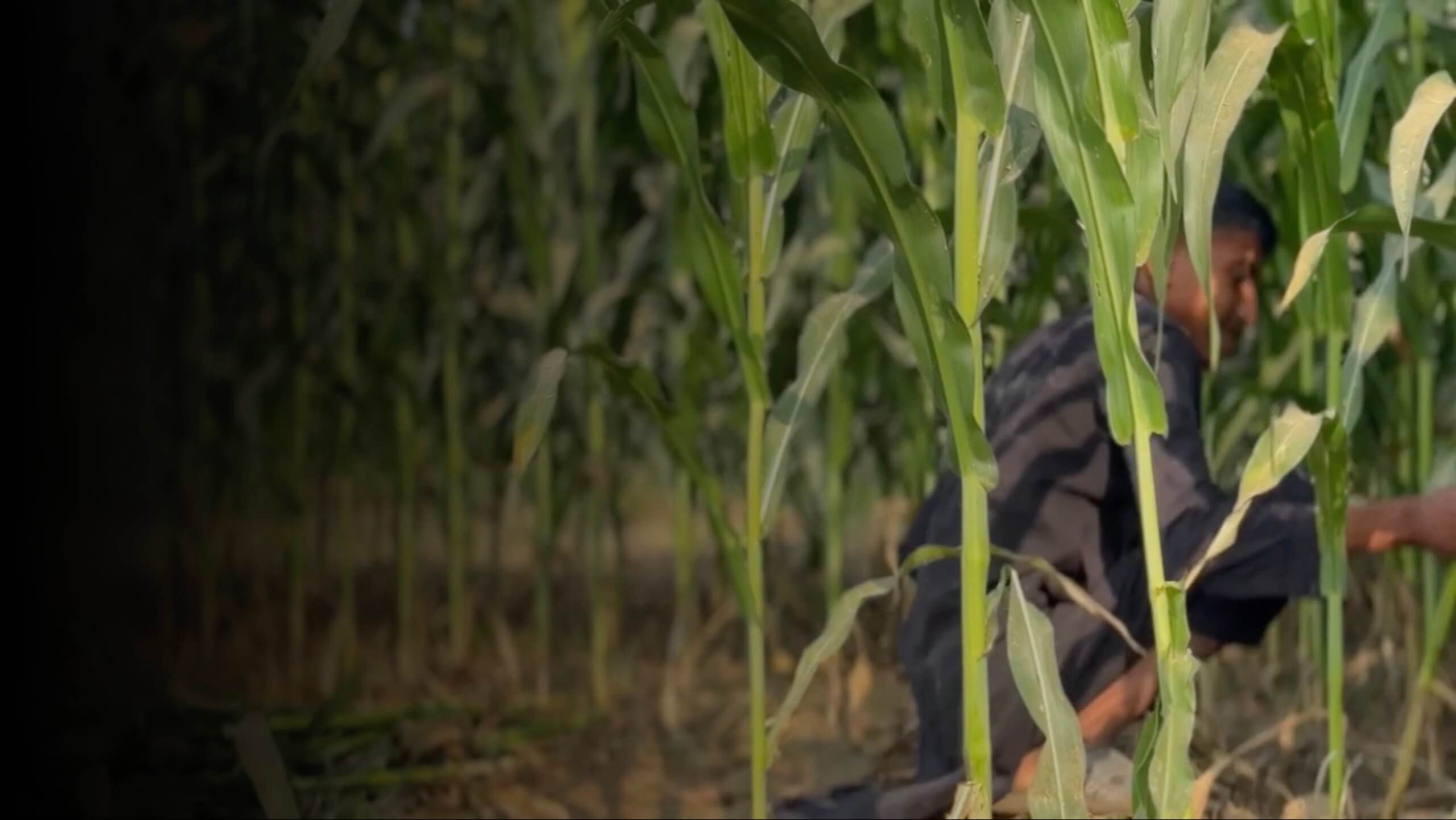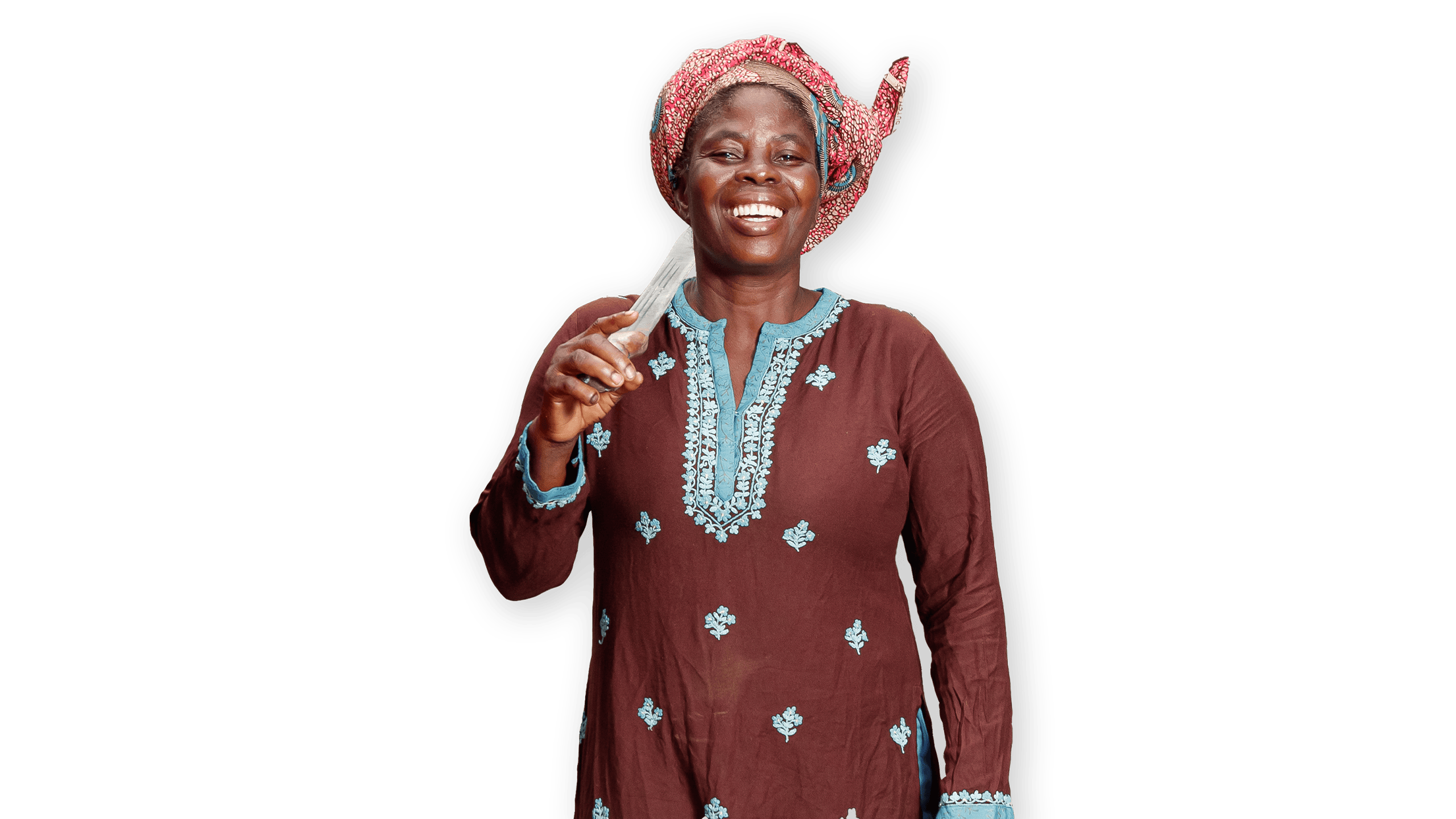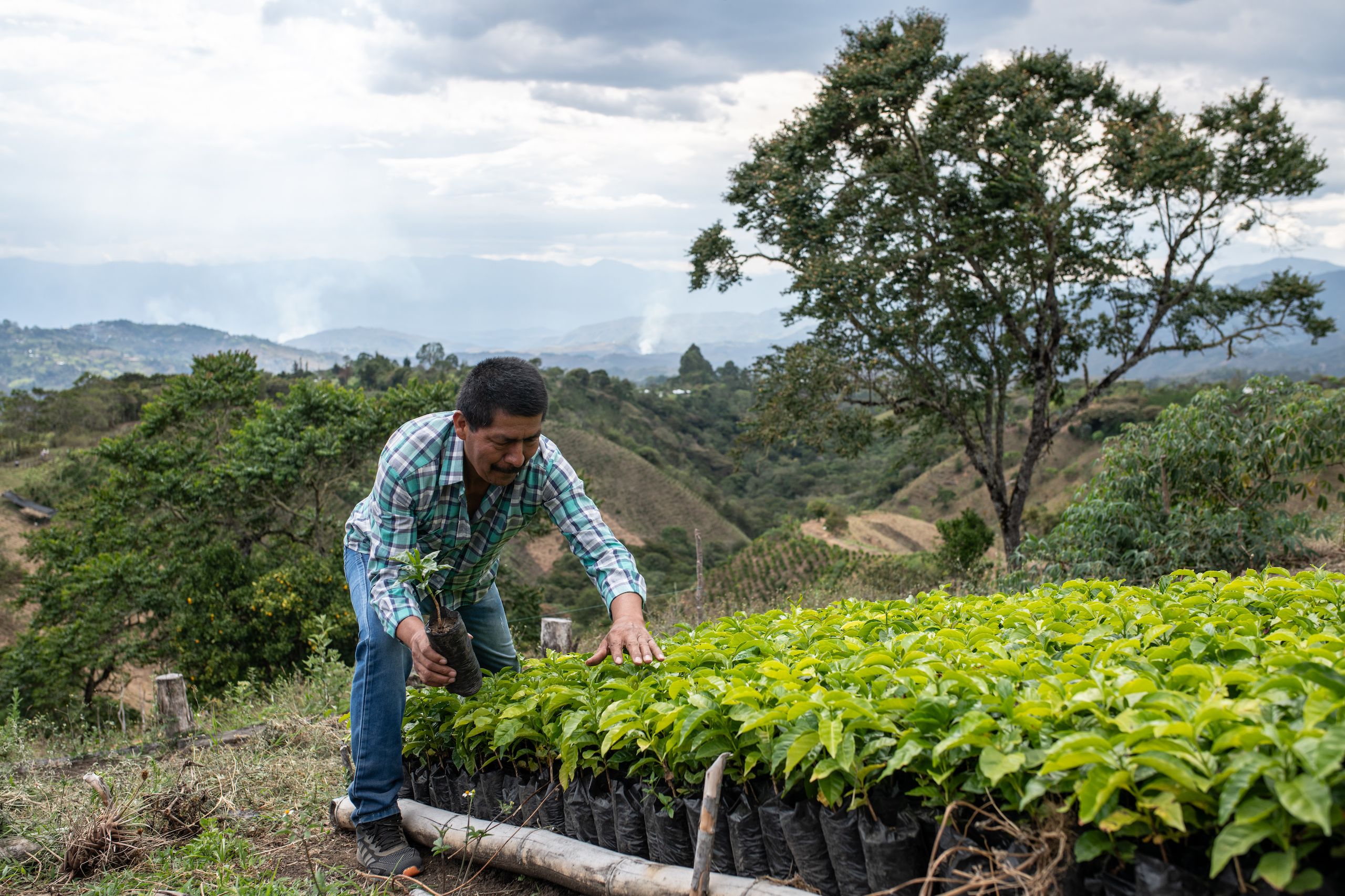


SUSTAINABLE SUPPLY CHAINS,
THRIVING FARMERS:
BUILDING AN ECONOMY THAT WORKS FOR ALL
Our vision is a world in which all we produce and all we consume, can sustain us while respecting the planet, each other, and generations to come.
Small-scale farmers are at the heart of this economy.
SUSTAINABLE SUPPLY CHAINS, THRIVING FARMERS
BUILDING AN ECONOMY THAT WORKS FOR ALL

Our vision is a world in which all we produce and all we consume, can sustain us while respecting the planet, each other, and generations to come.
Small-scale farmers are at the heart of this economy.




Small-scale farmers are guardians of the future, teasing life from the seeds they sow, building community, and stewarding the land and biodiversity. Given Solidaridad’s long history of deep work with small-scale farmers around the world, we are well-placed to deliver on our ambition in collaboration with all supply chain actors.
JOIN US IN BUILDING AN ECONOMY THAT WORKS FOR ALL
THE PILLARS
Our work is built on economic, social and environmental pillars. We work within supply chains to enable farmers and workers to achieve a living income, shape their own future, and produce in balance with nature.
These pillars are deeply interconnected – each reinforcing the other. From the earliest stages of programme development, we consider and incorporate aspects of each pillar to tailor our approach to best meet the needs of farmers and their communities.

ECONOMIC RESILIENCE & PROSPERITY
Small-scale farming provides for livelihoods with a sustainable and viable outlook for the future.
ENVIRONMENTAL STEWARDSHIP
Farmers are stewards of the land whose contributions to the maintenance and recovery of ecosystems must be recognized, financed, and rewarded.
SOCIAL EQUITY
All community members enjoy equal opportunities to participate and benefit from supply chains, engender positive change, and choose their own path.



